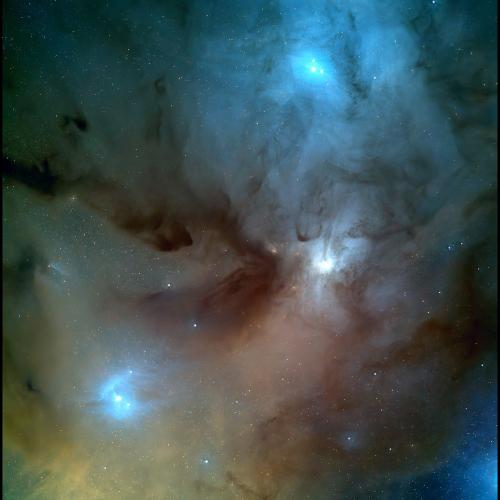Speaker profile

Dr Steve Barrett
Available for booking

Liverpool, Merseyside, England

80 miles travel distance

Astronomy Enthusiast

Science Communicator

Academic Lecturer
Summary
Steve is a Senior Research Fellow at the Department of Physics, University of Liverpool.
Affiliations
Lectures
200@77
The 200" Hale Telescope on Palomar Mountain has been in operation for over 77 years. This is the story of its design and construction.
ABC of Galaxy Evolution
What are the three factors (the ABC) that determine how galaxies form and how they grow?
ABC of Stars and Galaxies
How stars and galaxies are born, how they live and how they die. A star might live for billions of years and during its lifetime it can evolve and change its behaviour. This talk looks at the main factors (the ABC) that determine how galaxies form and grow and how stars evolve.
ABC of Stellar Evolution
A look at the birth, life and death of stars. What are the three critical factors (the ABC) that determine why stars are the way they are and why they evolve the way they do?
Ancient Light
The Universe is vast and ancient. Large telescopes have imaged galaxies that are billions of light-years distant. Is it possible to capture an image of one of these very remote objects without a telescope?
Beginning of Everything
A brief description of the origin and the very early history of the Universe. After the Big Bang it took about three minutes to make all the constituents of the Universe and give it a kickstart. If this happened 13.8 billion years ago, how can we be so sure?
Building a Tellurion
A tellurion is a model of the Earth-Moon-Sun system that demonstrates the changing seasons, the phases of the Moon, and predicts eclipses.
Cosmic Rays
High-energy charged particles are continually raining down on the Earth. Where do they come from and how do they gain so much energy? This talk includes a demonstration of a cloud chamber that allows cosmic rays to be seen.
Dark Matter
Why is it dark? What is the evidence that makes us think that dark matter exists? What is dark matter made of? Does it matter? What are the consequences if dark matter does not exist?
Eclipse of the Sun
Why do solar eclipses happen and what determines how often they occur? An explanation of the theory and an account of a trip to the Sahara Desert in 2006 to observe and photograph a total eclipse.
End of Everything
Although it took only three minutes to make our Universe (see 'Beginning of Everything') it will take more than a trillion trillion years for it to come to an end. This talk looks at what will happen to the Earth, the Sun and the galaxy on timescales ranging from thousands of years to eternity.
Exploring the Solar System I – Robots on Mars
Rovers have been exploring the surface of Mars for over 25 years. The latest generation of rovers is looking for signs of past life and is collecting rock, soil and atmosphere samples for return to Earth.
Exploring the Solar System II – Spacecraft
We have visited every major body in the solar system by sending spacecraft across billions of miles. These unmanned probes have mapped dozens of planets and moons and sent back incredible images.
Exploring the Solar System III – Telescopes
Since Galileo first turned his telescope on the night sky, we have been using telescopes with ever larger apertures to observe and study all types of object in the solar system.
Exploring the Solar System IV – Exoplanets
The first discovery of a planet orbiting another star was made 30 years ago. Since then, many thousands more have been found. The number of habitable planets in the galaxy may number in the billions, but are they inhabited?
Exploring the Solar System V – Solar Max
The activity of the Sun goes through an 11-year cycle and is at a maximum in 2025. Specialist instruments, both professional and amateur, have been able to capture detailed images of its surface features.
Exploring the Solar System VI – Origins
The solar system is 4.6 billion years old. How did it form? How did we end up with the collection of rocky planets, giant planets, dwarf planets and asteroids that we see today?
Fiat Lux
A talk on the nature of light with measurements of the speed of light and the wavelength of light, and demonstrations of splitting light into its component colours and different types of polarisation of light.
Fiat Lux II
A sequel to Fiat Lux, this talk looks at how the nature of light has influenced the design and construction of optical telescopes.
Fiat Lux III (aka LSST)
The Large Synoptic Survey Telescope will survey many billions of galaxies, stars and planets and will address the most profound questions concerning our solar system, our Milky Way galaxy, and enigmatic dark matter and dark energy.
Fiat Lux IV (aka Colour in the Cosmos)
How we perceive colour is a complex mix of physics and physiology. We can see in colour because starlight (and hence sunlight) covers a spectrum of wavelengths. What can colours tell us about how the Universe works?
First Eye on the Sky
A rough guide to buying your first astronomical telescope. The pros and cons of the different telescope types and a guide to the prices you can expect to pay.
Gaia
Gaia has spent a decade mapping the Milky Way by making three trillion observations of two billion stars. How did it do this and what will we learn when all the data is analysed? < Under construction > < Ready late 2025 >
Great Moon Hoax
As we all know, the Apollo moonlandings of the late 1960s and early 1970s were faked by NASA. What is the 'evidence' that supports this claim and does it stand up to scientific scrutiny?
It's Not Rocket Science!
Rocket science is thought to be hard because the maths of orbital mechanics gets in the way. This talk skips over the maths and looks at orbits, how spacecraft travel between planets and how they can park at Lagrange points.
Just a Second
What is a second, what can happen in one second, and why do we need leap seconds?
Keeping an Eye on the Universe
What do telescopes tell us about how the Universe works? A look at some of the images taken by the world's largest telescopes and how they have contributed to our understanding of the origin, the evolution and the ultimate fate of the Universe.
Legacy of the Hubble Space Telescope
A brief history of the Hubble Space Telescope and a description of its legacy in terms of its scientific contributions to our understanding and the way that it touched the public consciousness.
Ramble Through the Night Sky
A general interest talk on astronomy and astrophotography. A description of what's up there, how you can find your way around, how you can see more and how you can photograph the night sky.
Star of Bethlehem
A light-hearted look at the Gospel of St Matthew. What are the astronomical candidates for the Star of Bethlehem? How well do they fit the account? Do known events fit the timeline of the nativity?
Unidentified Flying Objects
Are there any images of UFOs that need an extraterrestrial explanation? This talk looks at some images that may have more down-to-earth origins.
Warping Space and Time
The science fact and science fiction of black holes. How are they formed, what are their properties and how can we 'observe' them? What about TV and the movies? Does Hollywood ever get it right?
Week Above the Clouds
Every year astrophysics students from Liverpool John Moores University and the University of Liverpool are taken on an astronomy field trip to Teide Observatory on Tenerife.
Wild Astronomy
What is it like to go on safari in Africa? For anyone interested in wildlife, photography and astronomy it is a wonderful experience. Wildlife by day ... stars by night.




